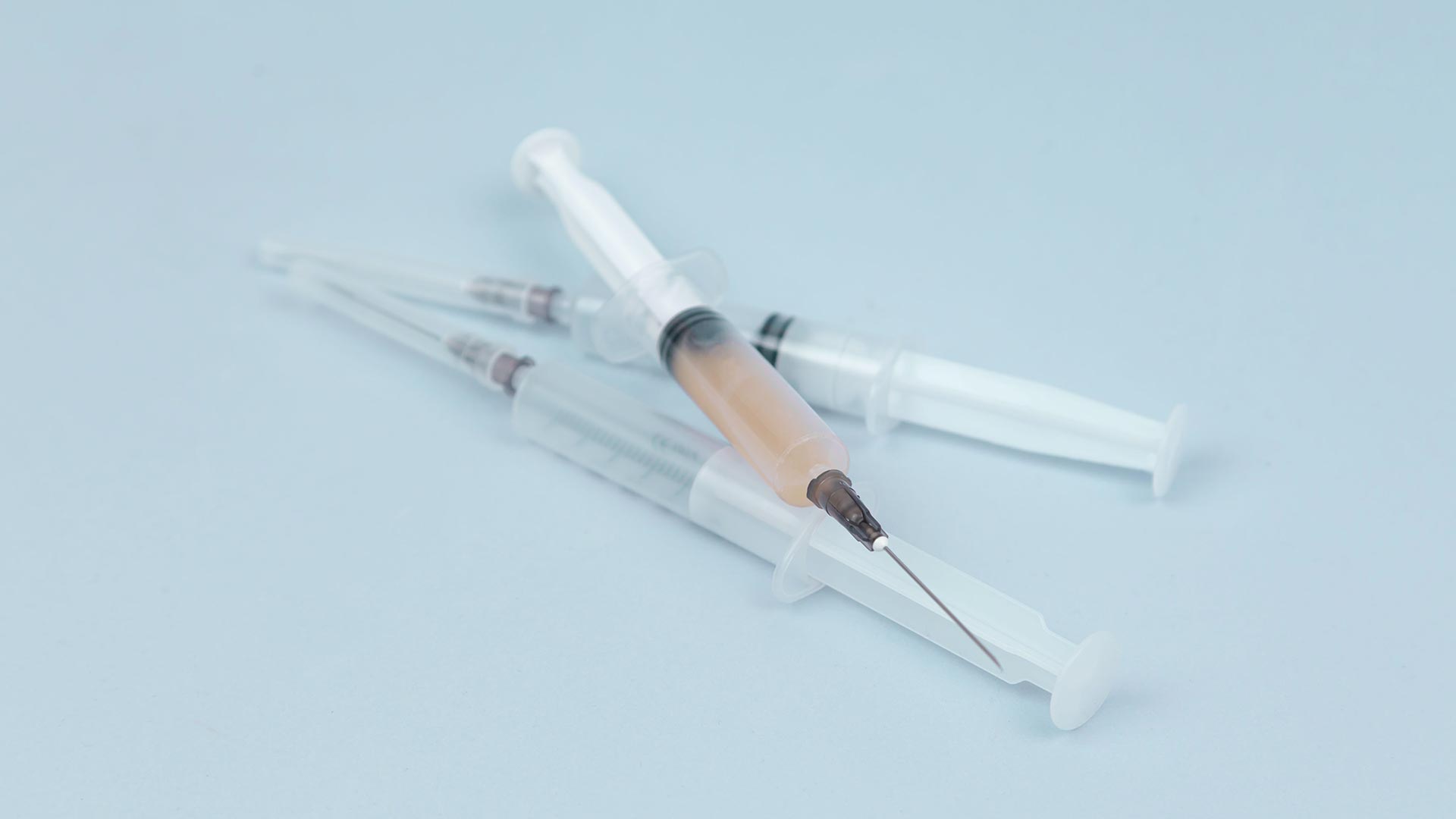Post-traumatic stress disorder (PTSD) is the most commonly reported mental health outcome after exposure to disasters and traumatic events, either natural or man-made. The Australian general population life-time prevalence is 4.4% but in varies with occupation with occupation. The Australian military veterans report up to 17.7% having PTSD while emergency services found 10% had PSTD. In many cases PTSD is associated with other mental disorders such as major depression.
The symptoms of PTSD are not the same for every person and may be modified the trauma experience and the age when the trauma occurred. People with PTSD may re-live the event either by way of nightmares or due to triggers such as sounds, images or news reports. Avoiding events, activities that remind a person of the trauma is common as is the experience of negative thoughts and feelings and guilt. PTSD can affect your sleep, concentration, give a feeling of being jittery and easily startled. In an endeavour to manage the symptoms those with PTSD may adopt a life-style that is unhealthy such as abuse of alcohol or drugs. There is often and impact on relationships with loved ones with emotional withdrawal or irritability a common occurrence.
Wallace, D.(2020). Australasian Psychiatry.https://doi.org/10.1177/1039856220922245
Biresaw, M. and Gebeyehu, E. (2021). Ann Gen Psychiatry. https://doi.org/10.1186/s12991-020-00324-0
National Centre for PTSD. https://www.ptsd.va.gov/understand/what/ptsd_basics.asp
Australian Guidelines for the Prevention and Treatment of Acute Stress Disorder, Posttraumatic Stress Disorder and Complex PTSD
